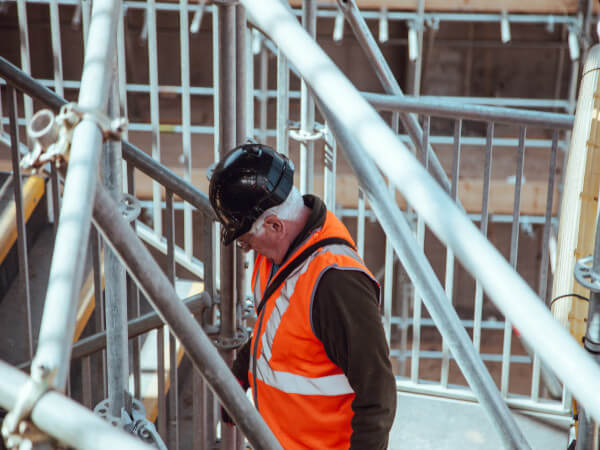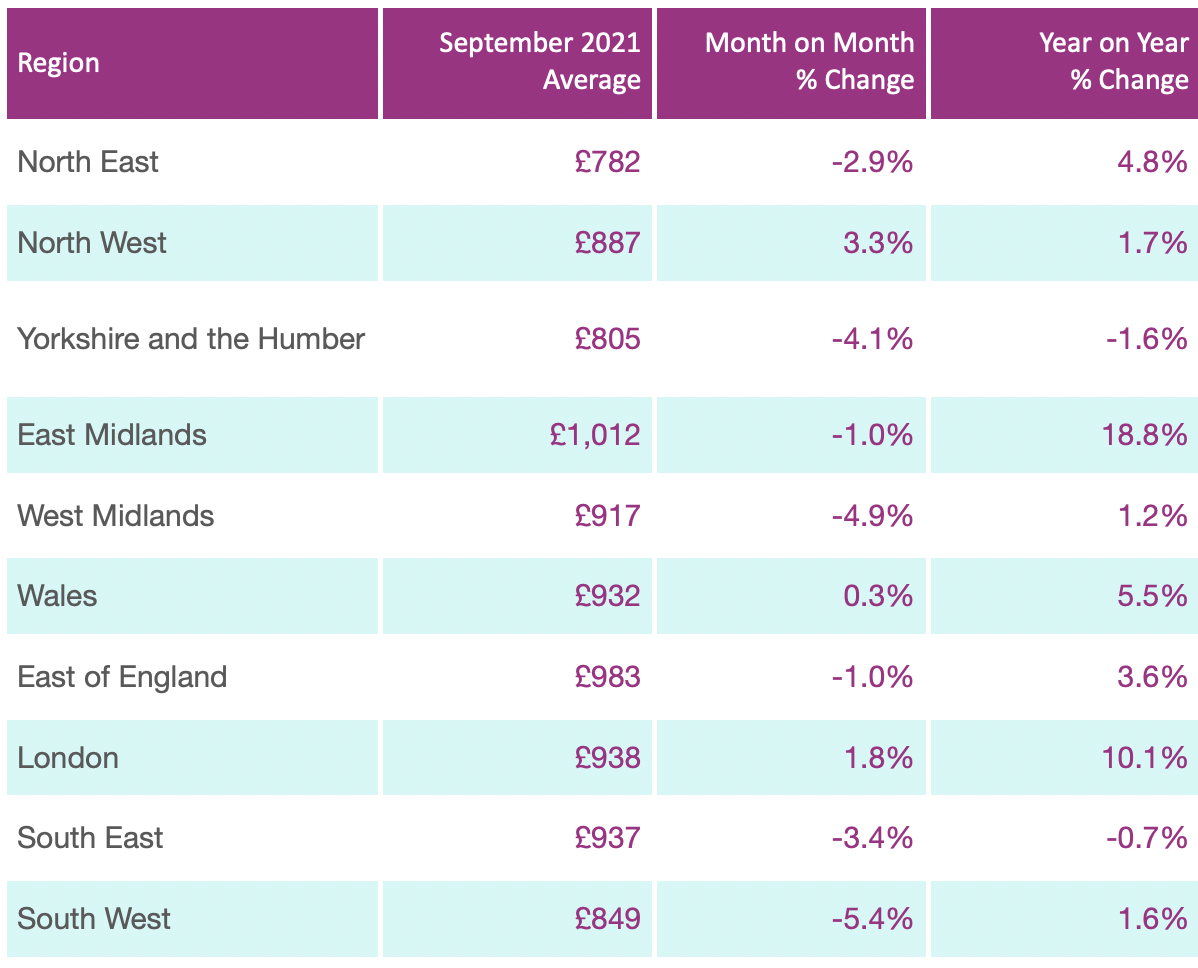Sheffield Hallam University’s £220m city campus gets nod
First phase plans to develop Sheffield Hallam University’s city campus with three new buildings have got the green light from planners.
Now BAM Construction will start construction work in early 2022 under its ground-breaking pain-gain sharing alliance model – the first genuine alliance to be used in the higher education building sector.
The Hallam Alliance is made up of the university, design-led consultancy BDP-Arup, contractor BAM and facilities manager CBRE and will use the new NEC4 alliance contract as a commercial template.

Over the next five years, the alliance aims to set a new benchmark for “best for project” delivery and building management.
The three new buildings in the £220m phase one will be four to seven storeys high. They will be erected around a new 400 sq m public area called University Green on Arundel Lane, on the recently demolished science park.
Designs include the latest technology and measures to make the new buildings zero carbon ready.

They include the use of sustainable energy solutions such as heat pumps, maximising the use of photo voltaic panels and provisions to support and promote sustainable travel.
BAM’s Paul Cleminson, Preconstruction Director in the North East, said: “The emphasis on sustainability and green spaces is very significant. By combining development, design, construction and long-term thinking about how the buildings are operated, we are all making a big difference to the future of how the buildings are used for generations to come.”


Did you miss our previous article…
https://www.drupalcamppa.org/?p=866
End of timber shortages in sight
Near record-breaking softwood timber imports have replenished stocks to a level needed to meet the demand surge from construction.
This brings the prospect of an easing in supply bottlenecks once ongoing delivery issues from a shortage of HGV drivers are resolved.
According to the Timber Trades Federation more than 7 million m3 of timber and panel products were imported by the UK between January and July.

This is nearly 2 million m3 above the same period in 2020, and half a million m3 above 2019 levels – the UKs last ‘regular year’ before COVID-19 – which is about an 8% increase.
Nick Boulton, TTF head of technical and trade, said: “After a year of record production and nine months of near-record structural softwood imports it is highly likely the UK is at a point where there is sufficient volume of wood at UK ports and in the UK timber supply chain to satisfy construction demand.

“With Q3 now behind us, which we viewed as a real pressure point this year between supply and demand for timber products, we expect that over the coming months we will find there is greater stability within the UK market.”
But he warned: “We are not yet out the woods as any return to ‘regular’ patterns within the UK market will be difficult amid the ongoing shortage of HGV drivers, and in fuel and labour, which are likely to continue to impact the market in the coming months.

“These shortages are of high concern to the timber supply chain as while there may now be enough timber in the UK to meet demand it does little good to anyone when there are no means to transport stock from ports to warehouses or customers.”
Also there is still no sign of any easing of sky-high timber prices for structural softwood in particular.
Latest TTF statistics show the average price of sawn and planed softwood in May, June and July rose by 55%, 65% and 88% respectively over their corresponding months in 2020.


London and North West labour rates rise for third month
Skilled self-employed labour rates have risen for the third month running in London and the North West.
Average weekly earnings for self-employed tradespeople in London increased by 1.8% to £938 during September while in the North West, earnings increased by 3.3% to £887.
According to the industry’s biggest employment contract services firm, Hudson Contract, the two areas have become pinch points for this skills shortage, while across the rest of country as a whole, pay rates actually dipped in September.

Across all regions average wages dipped by 1.7 % to £913 last month, while year-on-year earnings increased by 4.7%.

The East Midlands remained the region where self-employed trades commanded the highest pay despite a small fall last month.
Ian Anfield, managing director, said: “We estimate that through Covid the industry has been short of as many as 140,000 tradespeople, or 10% down on where we could have been, which has helped drive up labour rates in the face of high demand.

“Skills shortages – once an acute regional problem – has been exacerbated across the country by the Self-Employment Income Support Scheme (SEISS).”
Official statistics show construction workers claimed grants worth £966m in the last round of SEISS, which covered the period to September 15 2021.

In total, the sector has claimed grants worth nearly £11bn through the scheme which would amount to hundreds of millions of man hours.
Anfield added: “As SEISS ends, many will return to work but because huge infrastructure projects such as Hinkley Point and HS2 are in full swing, government departments have accelerated ‘shovel-ready’ projects and the ongoing housing and domestic work, demand will continue to outstrip supply.”


Did you miss our previous article…
https://www.drupalcamppa.org/?p=851